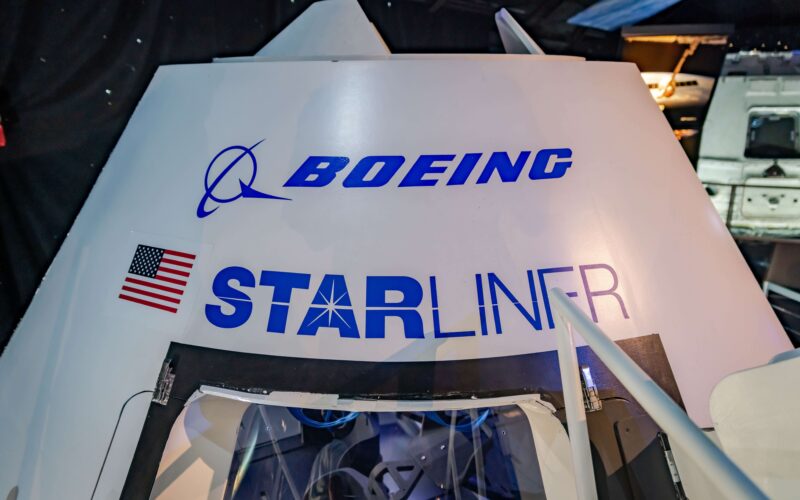Boeing delayed the launch of the Starliner capsule to the International Space Station (ISS) after a new error was found in the spacecraft’s propulsion system. Starliner’s uncrewed test mission was initially set to launch on August 3, 2021.
Boeing engineers found a new system error with “number of potential causes, including software” as well as “unexpected valve position indication” in the capsule’s propulsion system. In a statement, Boeing said its CST-100 Starliner team was working to understand the source of issues, which were first detected during pre-launch checkouts.
“We’re going to let the data lead our work,” said John Vollmer, vice president and program manager, Boeing’s Commercial Crew Program. “Our team has worked diligently to ensure the safety and success of this mission, and we will not launch until our vehicle is performing nominally and our teams are confident it is ready to fly.”
Starliner was originally supposed to launch on July 30,2021. However, the unmanned test mission launch was postponed to August 3, 2021, after the space station was temporarily thrown out of control two hours after the docking of a new Russian scientific module. With new system issues now being found, Boeing did not indicate a new target launch date.
After launching a successful unmanned mission, Boeing aimed to conduct a crewed mission potentially later in 2021. However, with new system glitches, the timeline of the uncrewed as well as crewed Starliner mission remains under question.
It is not the first time Boeing’s Starliner fails to reach the International Space Station. In 2019, the capsule, on its maiden uncrewed flight to the ISS, failed to attain its proper orbit. About 30 minutes after liftoff, the onboard clock malfunctioned, causing the spacecraft’s computer to fire its engines incorrectly.
Boeing’s Crew Space Transportation (CST)-100 Starliner spacecraft was developed in the framework of NASA’s Commercial Crew Program. The capsule was designed to accommodate seven passengers, or a mix of crew and cargo, for missions to low-Earth orbit.
The Starliner is competing with the SpaceX Crew Dragon capsule. The first successful commercial mission of the Crew Dragon took place on November 16, 2020, flying four astronauts to the ISS for a six-month mission. The current crew was also transported by the Crew Dragon on April 23, 2021.

